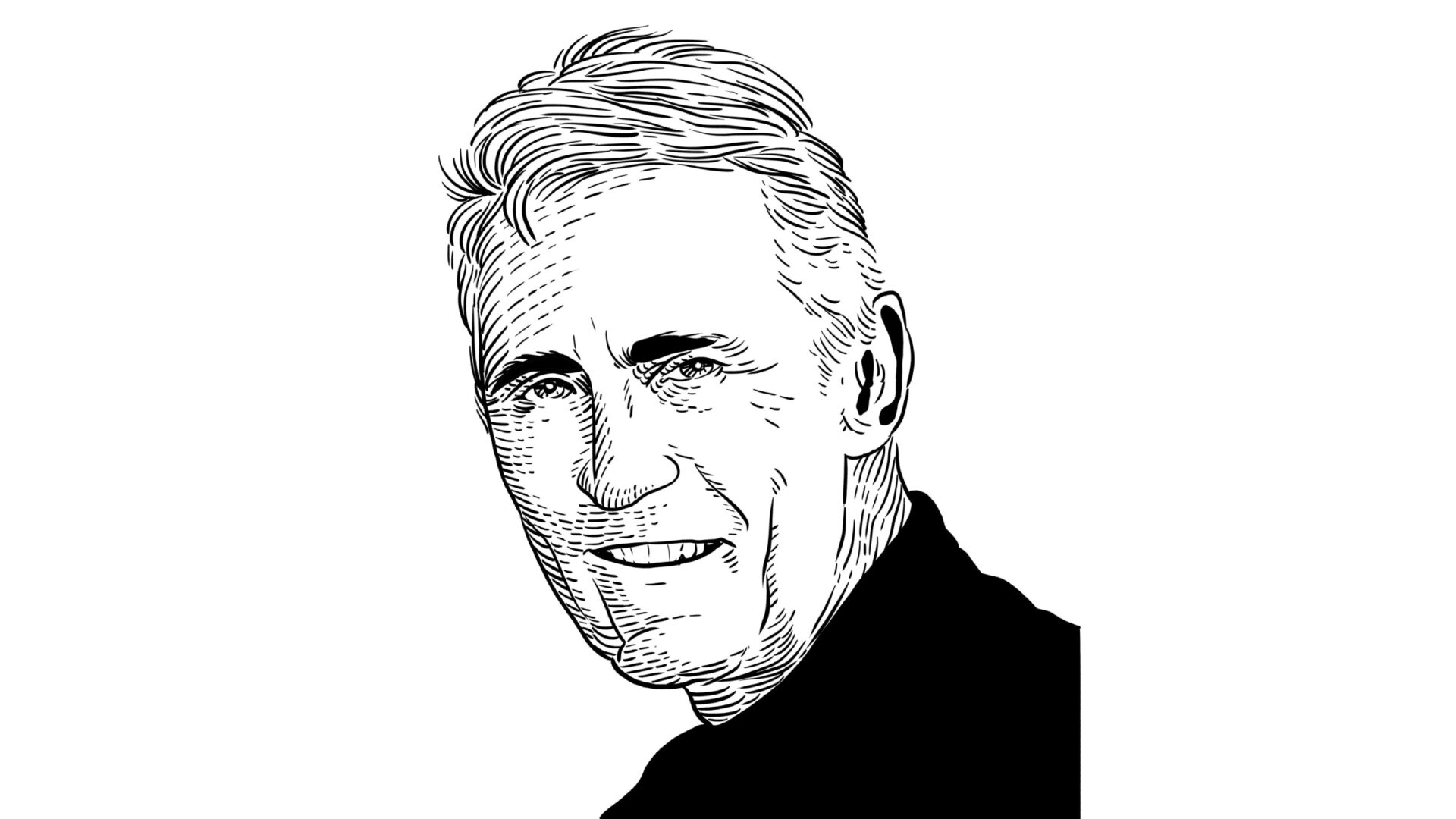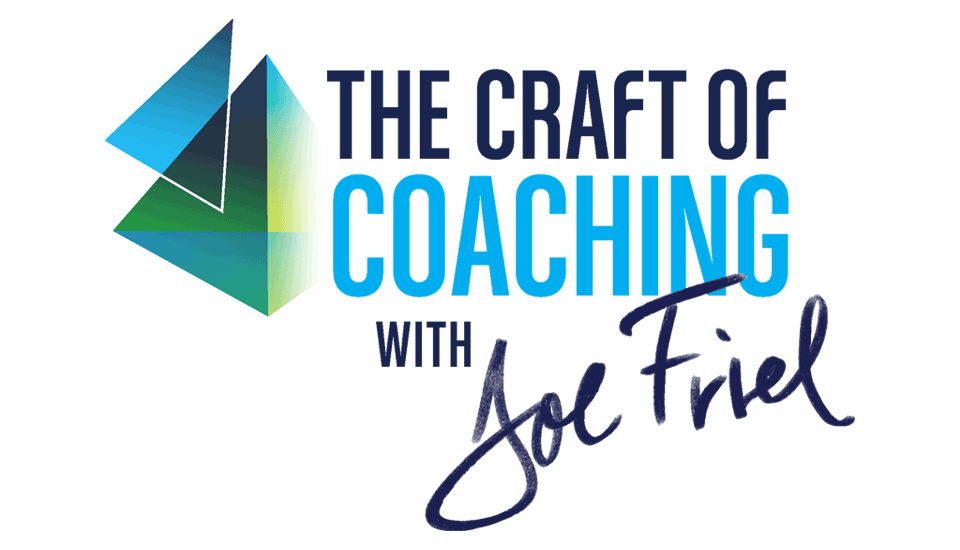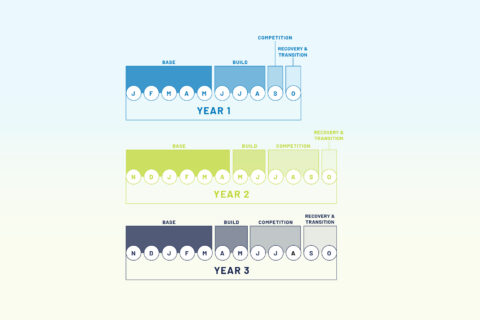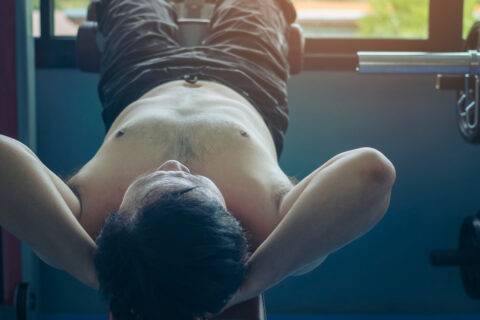The OG of endurance sports coaching shares how bike racing and life have changed since he turned 70—and what you have to look forward to.
The OG of endurance sports coaching shares how bike racing and life have changed since he turned 70—and what you have to look forward to.





